About Seacon
ABOUT SEACONE 2024
Over the past three years, the Institute of Human Nutrition and Food (IHNF), College of Human Ecology, University of the Philippines Los Banos, has faced the challenges of the sudden global COVID-19 pandemic. The pandemic has profoundly and drastically changed everyone’s life. It forced a transformation in many sectors of society, including the academe and the widespread adoption of digital technology. With no known cure for COVID-19 at that time, enhancing one’s immune system and good nutrition to fight off the disease became a global health priority. The pandemic’s impact extended beyond the medical, economic, and education sectors; it also exerted substantial challenges on the agriculture, food, and nutrition systems.
The 4th Southeast Asian Conference on Econutrition will explore “Navigating Econutrition in a BANI World,” focusing on how Econutrition reveals the impacts of external changes and innovations on people and communities. This theme underscores the interconnectedness among food health, agriculture, environment, and economics, particularly in today’s uncertain BANI era marked by rapid changes that complicate understanding life’s mechanisms in a fragile environment.
The conference highlights the need to reshape the food and nutrition systems by incorporating lessons from the pandemic. The event will focus on addressing the multifaceted complexities of the post-pandemic world and seeking innovative solutions to ensure the well-being of individuals, communities, and the planet amidst chaos and uncertainty. The key element of the theme emphasizes the collective effort of rebuilding together and charting a sustainable and inclusive future. It recognizes the challenges and disruptions caused by the pandemic while highlighting the opportunities for positive change and transformation in a world characterized by vulnerabilities, uncertainties, complexity, and ambiguity.
The conference is part of the celebration of the 50th foundation anniversary of the College of Human Ecology. Moreover, the conference will address some of the SDGs related to the conference’s objectives, such as SDG 2 Zero Hunger; SDG 3 Good Health and Well-Being; and SDG 12 Responsible Consumption and Production.
CONFERENCE OBJECTIVES
1. To provide a platform for participants to share their knowledge and experiences in the analysis of overlapping challenges in the BANI (brittle, anxious, non-linear, incomprehensible) era using the Econutrition framework, including health, agriculture, environment, and economics.
2. To encourage the continuation of innovative thinking and discussions focused on reshaping food and nutrition systems, incorporating pandemic-induced lessons for sustainability, inclusivity, and responsible consumption and production.
3. To foster interdisciplinary collaboration focused on the evidence-based transition to address disparities and crises to effectively build a resilient and sustainable food system to improve health outcomes
HISTORY OF SEACONE
The Institute of Human Nutrition and Food (IHNF), established in 1988, is a well-known leading academic institution in the Philippines and internationally. It is focused on the study and advancement of food, nutrition, and dietetics. The IHNF significantly contributes to improving nutritional well-being through its roles in instruction, research, and public service.
In 2013, the IHNF took the initiative to promote the knowledge and practice of Econutrition, a field that delves into the interrelationship between food, nutrition, health, ecology, the environment, agriculture, and economics. The organization of the first conference with the theme “International Conference on Econutrition: The Nexus among Human Nutrition, Ecology, Agriculture, and Economics” marked this initiative.
The international conference is a biennial event. However, in July 2018, IHNF chose to host a roundtable discussion instead of the conference, as part of its efforts to integrate the university’s food and nutrition security initiatives through the Interdisciplinary Center on Food and Nutrition Security (ISCFNS). The roundtable aimed to explore how academia can tackle challenges in food and nutrition security under the Econutrition framework. After a two-year interval, IHNF decided to resume organizing the international conference. As a result, the third conference took place on May 20–21, 2021, focusing on “Econutrition in the Disruptive Innovation Era.” The conference aimed to identify new technological innovations that could significantly impact food systems, food security, and nutrition, contributing to the achievement of the UN Sustainable Development Goals (SDGs).
